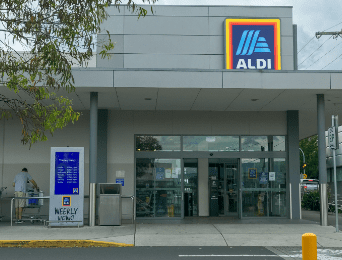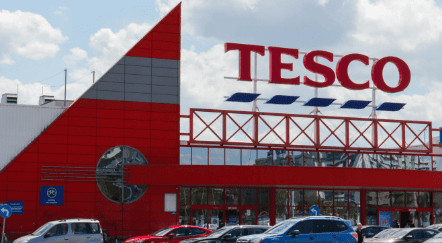Shopping is always amazing but finding the best deals is what people mainly do especially when they go to malls. Tesco is one of the UK’s biggest supermarkets and its price match promise is also in line with Aldi, which is a super-famous discount supermarket. There was a new report that comes out some of the Tesco’s price-matched products aren’t what it seems to be. So, let’s break it down in a simple way!
What’s the Scoop?
The BBC show Panorama looked into how Tesco compares with Aldi. It discovered that a huge proportion of Tesco’s products contain less of the actual core ingredient than do their counterparts at Aldi. Now, is there a question here? Do we really get what we pay for when we buy at Tesco?

On average, 38 of the 122 products contained at least 5% less of the main ingredient compared with Aldi’s version. Tesco’s chicken nuggets, for instance, contain 20% less chicken compared to Aldi’s.
Key Findings
Some of the comparisons from the report regarding which of the two supermarkets is better than the other:
Chicken Kievs: Tesco’s has 44% chicken, but Aldi’s has 57%. That’s a big difference of 13%!
Cottage Pie: Tesco’s has only 18% beef, but Aldi’s has 25%. More meat means more flavor!
Chicken Nuggets: Tesco’s Hearty Food Co nuggets have 39% chicken, but Aldi’s Roosters nuggets have a meaty 60%!
Chili Con Carne: Tesco’s has only 15% beef and Aldi’s has 27%. More beef means a meatier meal!
Fruit Squash: Tesco’s no added sugar squash contains just 6% fruit juice, whereas Aldi’s contains 20%. That’s three times as much fruit!
These examples show that even though Tesco says they match Aldi’s prices, the quality of the product might not be so good.
Why Does This Matter?
This has a handy end-result: “shrinkflation.” Shrinkflation is when companies reduce the size or amount of a product but keep the price the same. That is to say, you might be paying the same amount of money but getting less food. Not cool, right?
Just be sure of what you are actually buying when shopping. Maybe with the perceived value deal because of price matching, double-check the ingredients.
Tesco’s Response
In response to these results, Tesco said that their price matching with Aldi was still extremely popular to their consumers. They claim to regularly assess the quality for such a product to ensure that it is at par with the quality of the products being sold in Aldi.

Aldi said in counter that full-price supermarkets may attempt to level the playing field in terms of pricing, but they cannot level the playing field in terms of quality. Instead, they plan to make people realize that if one wants high-quality products at the best prices, they need to come to Aldi.
The Bigger Picture
The competition in the supermarkets is getting tighter, as Aldi’s and another reduced price chain, Lidl, continue to be swept over by cost-conscious consumers. According to many people, the above supermarket chains compete favorably with any of the long-established supermarkets, as most consumers opt for them since they sell goods at reduced prices. For instance, a recent market share in Aldi has risen to almost 10 percent.
Tesco, Sainsbury’s, and Asda—are sweating now! They would need to innovate ways to prevent losing customers to Aldi and Lidl. Price matching is one strategy used by these supermarkets. However, as we have seen, it cannot be quite the move they are expecting.
What Should Consumers Do?
As a consumer, be aware of what you are buying. Whenever you notice one of these advertised price matching policies, take a little time to glance through the ingredients. Just don’t assume you’re getting the same quality. Check on the labels and compare for yourself!








